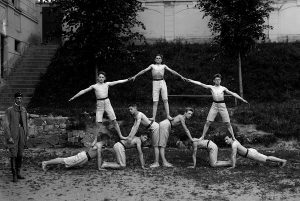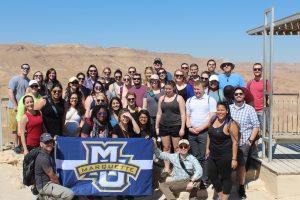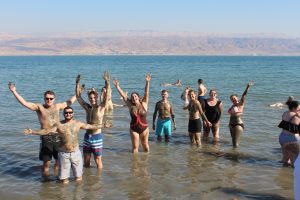Team Based Learning in ADR
 Hi all–I talked about this at the ABA meeting resource share but also wanted to blog about this in a little more detail. Apologies for the length–do reach out if you are interested in learning more and I’d be happy to walk you through what I did. In short, this was totally worth it and I felt like the class organization and teamwork reflected exactly what we are trying to achieve. Let me explain:
Hi all–I talked about this at the ABA meeting resource share but also wanted to blog about this in a little more detail. Apologies for the length–do reach out if you are interested in learning more and I’d be happy to walk you through what I did. In short, this was totally worth it and I felt like the class organization and teamwork reflected exactly what we are trying to achieve. Let me explain:
Team-Based Learning, or TBL, is a concept that I first learned that about in an article by Melissa Weresh applying TBL in the legal writing classroom. After reading Weresh’s article, I thought it would be an interesting concept to incorporate in my Alternative Dispute Resolution course. The ability for students to work together in groups is something that I have done for years, but this added a different flavor to it as the groups were for the entire semester—allowing for developing chemistry and comfort with working with the same group members for an extended period of time (much like they will once they graduate.)
Up to this last year, I would teach the ADR course in three sections (1) negotiation, (2) mediation, and (3) arbitration. Three quizzes for each section acted as “mini-capstones” to end a section. This both allowed for a more focused assessment on the content area and a clear division between the material for the students. But, I felt like students crammed for the one-time quiz as opposed to reading throughout the semester. Additionally, taking a whole class period to quiz the students and then time to review the quiz in the next class felt like too much time devoted to assessment versus learning.
So, I decided to try the TBL ideology.


